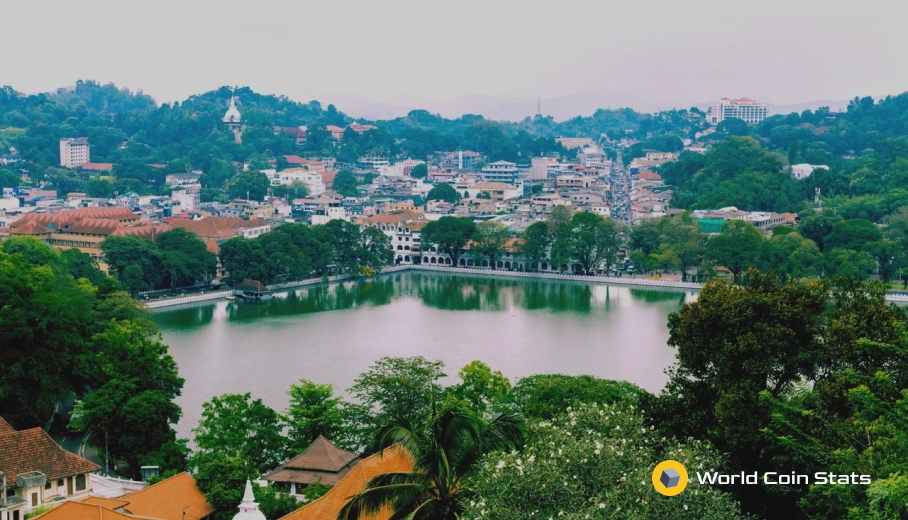Sri Lanka Targets Stable Forex Reserves, Rate Stability
COLOMBO, Sri Lanka – Sri Lanka is aiming towards a more stable collection of forex reserves, as well as the stability in its exchange rate and engagement with the International Monetary Fund.
According to the newly appointed Central Bank Governor, W. D. Lakshman, the country has three main focuses going forward, which is to increase its forex reserve collection, stabilize its exchange rate, and Sri Lanka’s IMF engagement based on the present-day policy framework.
In the lack of direct foreign investments, the country has largely depended on debts, according to the Governor.
At the moment, Sri Lanka is in the IMF program following the soft-pegged exchange rate plan of the central bank, which has blown up in 2015 through 2016 because of liquidity injections to help keep the rates down.
Governor Lakshman also cited major concerns in the external sector, which includes higher foreign financing needs, persistent deficits in current accounts, massive trade deficits, dull export performance, and the dependence towards debt inflows with the lack of alternate levels of FDI inflows.
In addition, the Governor also stated that the central bank needs to closely watch the developments in the financial markets as well as the global economy.
Further, Governor Lakshman said that the central bank is hoping to connect with the IMF as well as other multilateral agencies while it continues to abide by its national policy framework to make sure that Sri Lanka will return to a more sustainable way in terms of reserve accumulation.
The current administration in the central bank has already sliced up taxes and previously said that it would limit spending until the country’s economy has recovered. However, it has also raised concerns over deficits, which was then followed by a downgrade in the central bank’s outlook.
A spokesperson from the current administration has also made a statement in favor of a stronger exchange rate, which would require to enforce a floating overnight rate.
According to some analysts, the current program in the IMF has several anchor disagreements as the country has targeted external and domestic goals and anchors both de facto and part of the program.
The current IMF program has a strategy they call “revenue-based fiscal consolidation” that advocates higher taxes, dropping a tolerant view of restraint in spending to minimize deficits.
Some other analysts have also warned that the wide domestic anchor of the program might leave an open door for a shifting monetary policy, which can bring rupee into another trouble going forward.




